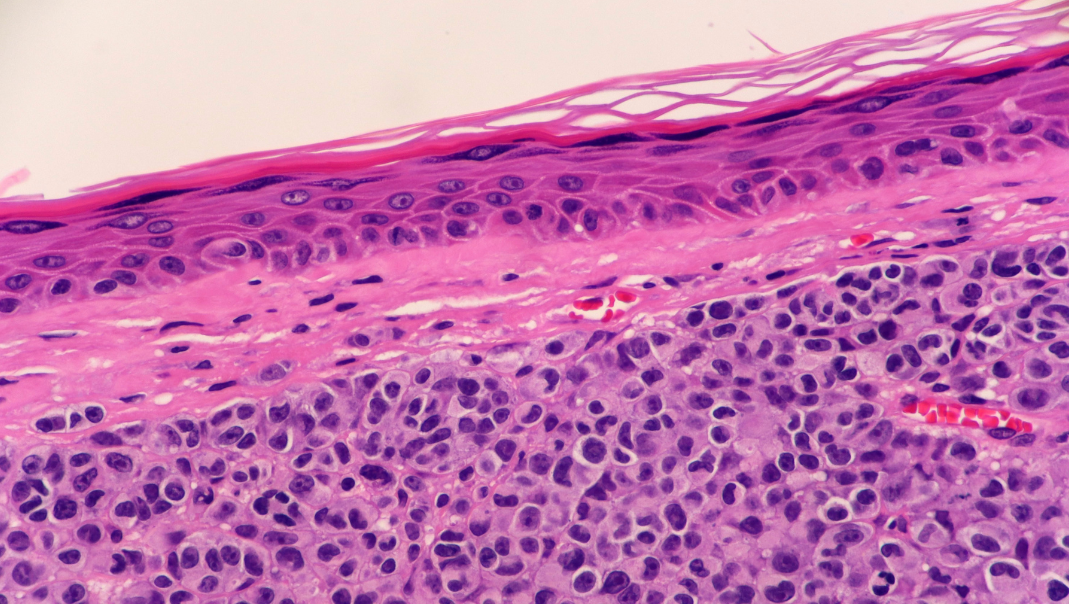Shedding Light on Melanoma Cells’ Response to Chemotherapy
Shedding Light on Melanoma Cells’ Response to Chemotherapy
In a study recently published in Nature Communications, scientists from the Moffitt Cancer Center, in collaboration with the UF Health Cancer Center (UFHCC) and the Interdisciplinary Center for Biotechnology Research (ICBR) at the University of Florida, have shed light on a pivotal mechanism regarding melanoma cells’ response to stress induced by chemotherapy agents.
One of the study’s co-authors, Dr. Richard L. Bennett, highlighted the significance of their findings, stating, “We discovered that melanoma cells become a different cell type after being exposed to stresses such as chemotherapy agents that leads to melanoma brain metastasis. Basically, this is a mechanism that melanoma cells use to ‘survive’ chemotherapy – they turn into a different cell type.”
Dr. Alberto Riva, Scientific Director of the ICBR Bioinformatics Core, played an important role in the analysis phase of this study, employing his expertise in ATAC-Seq, ChIP-Seq, and RNA-Seq analysis techniques. ATAC-Seq and ChIP-Seq can identify epigenetic marks and provide information on genome-wide gene regulation that complements the results of RNA-Seq experiments. This combined strategy provides powerful insight into how genome organization and regulation contribute to the strategies melanoma cells use to adapt to chemotherapy.
This study, that can potentially help develop new therapies for melanoma, highlights the importance of a collaborative approach to biomedical research, involving scientists from different institutions working in concert with research support organizations like ICBR and its Bioinformatics core.
For more details about this study, visit https://www.nature.com/articles/s41467-023-43519-1


